It can be tricky to get old games to work, especially those that are reliant on obsolete authentication methods. One intrepid gamer, going by the name of CMDR (Commander) Shou on X, has documented their efforts to play the classic RPG Dragon Slayer 4 (Legacy of the Wizard) on a Japanese “garakei” flip phone. Their attempts to bypass outdated authentication checks highlight pertinent video game preservation issues.
CMDR (Commander) Shou runs a detailed fansite in Japanese and English dedicated to Dragon Slayer 4. They have been on a quest to get the 2008 Japanese mobile remake of the classic NES RPG working again. The mobile version of Dragon Slayer 4 offered a whole host of extra modes and QoL improvements (including more colors in the graphics) that can’t be found in other versions of the game.
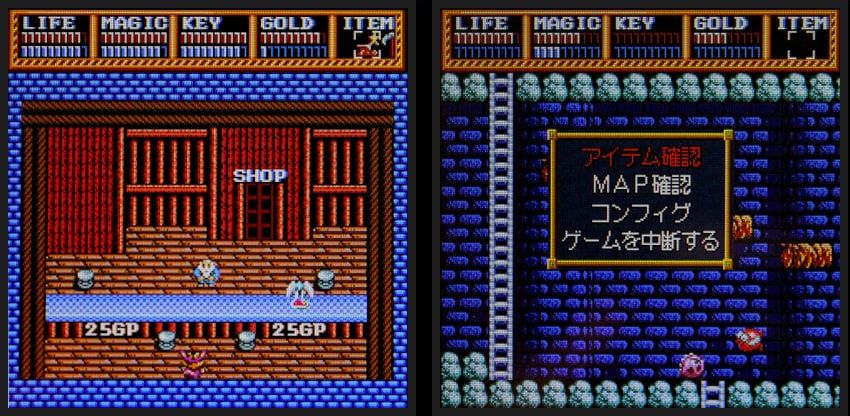
However, getting an old game to work on a Japanese flip phone is easier said than done. Japan’s Galapagos keitai (Garakei for short) were once futuristic, multicolored and multifunctional cell phones that gave users in Japan the option to surf the net and send email texts back in 1999, way before the rest of the world. In recent years, Japan has switched over to smartphones, with the 3G networks that support garakei gradually being switched off.
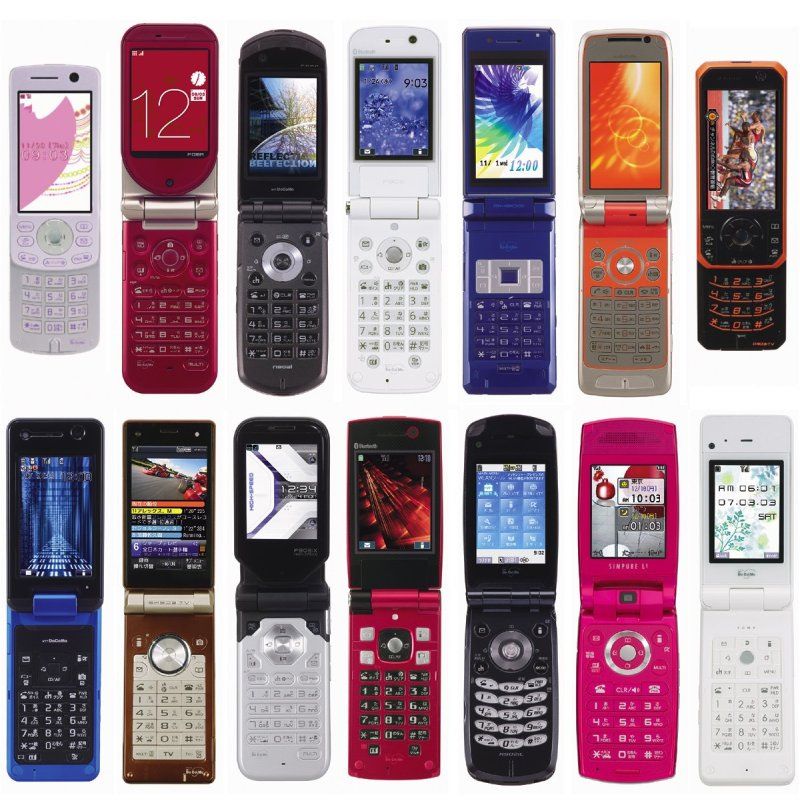
First, it is no longer possible to download the app for Dragon Slayer 4, so CMDR Shou required a working cell phone that already had the game installed. Thus, they put out a request on the site for people to donate their old phones.
The biggest issue faced when trying to open the app is that it will attempt to run an authentication check on the SIM card. Japanese garakei were locked to the contract provider, usually one of the three big phone companies – Softbank, Docomo or AU. Therefore, the phone must have the original SIM card that was present when the app was downloaded. However, the authentication check will try to confirm that the phone is still on a monthly contract, and if this check starts and fails, then the app gets permanently locked, as CMDR Shou found out in a previous attempt on an AU phone.
They eventually succeeded with a Docomo F904i, a flip phone model that came out in 2007. Unlike AU phones, Docomo phones had an option in the app settings menu that allowed the user to disable the app’s authentication process. It was thanks to the previous owner never turning on this authentication setting that they were able to play the game.
Although CMDR Shou managed to get the game working, they can never close the game without being locked out forever. “I sincerely hope that the wonderful remake version of this game will be resurrected,” they comment on their site.
This example highlights how games that are reliant on authentication checks and/or internet services in order to run can easily become unplayable – many PC game discs from the early 2000s are unplayable because the servers for the DRM copy protection no longer exist. Reliance on digitally distributed games and licenses that require server verification makes it even more likely that many more games could be lost to time in the future.

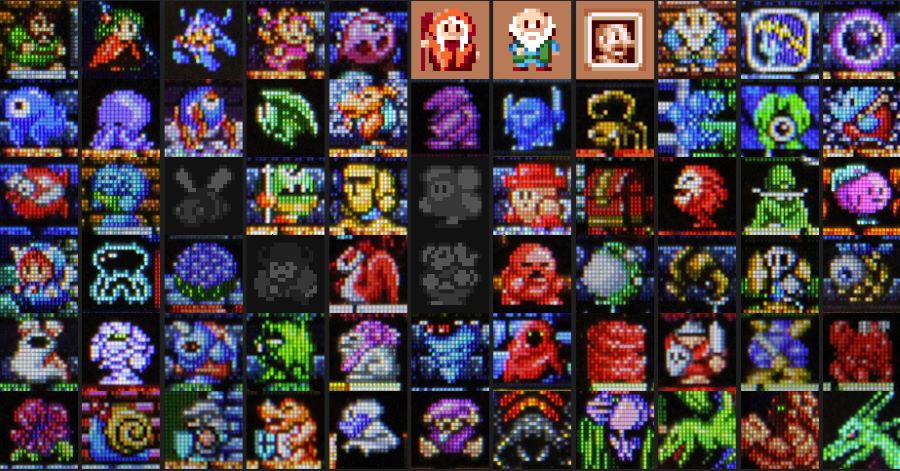

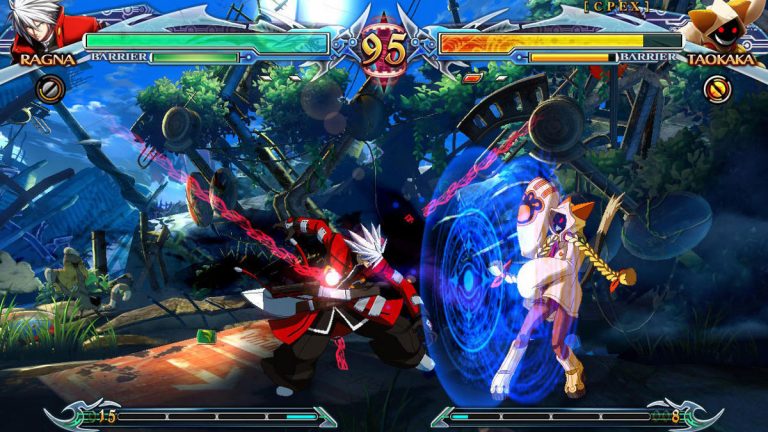

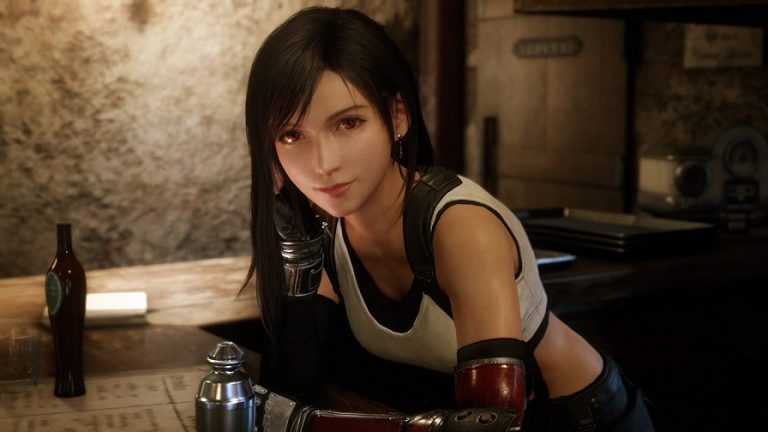
Japan really needs to update their DRM to be along Western standards where it requires you to sign online at least once a week vs having to authenticate it through random methods. Digital Ownership needs to be the same as physical ownership down the line. If someone buys the game they own the license to their copy, saying they do not is very much bad faith argumentation.